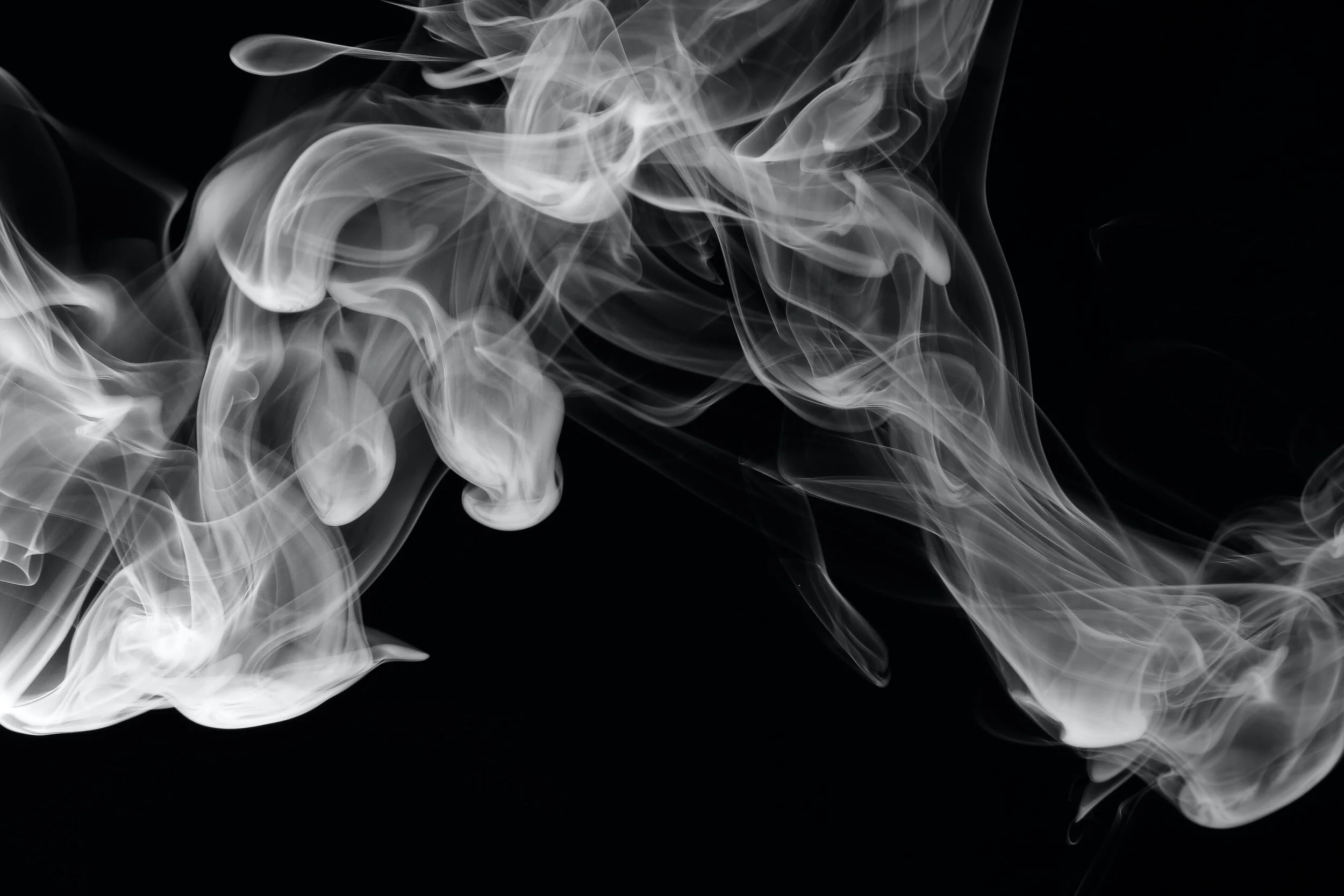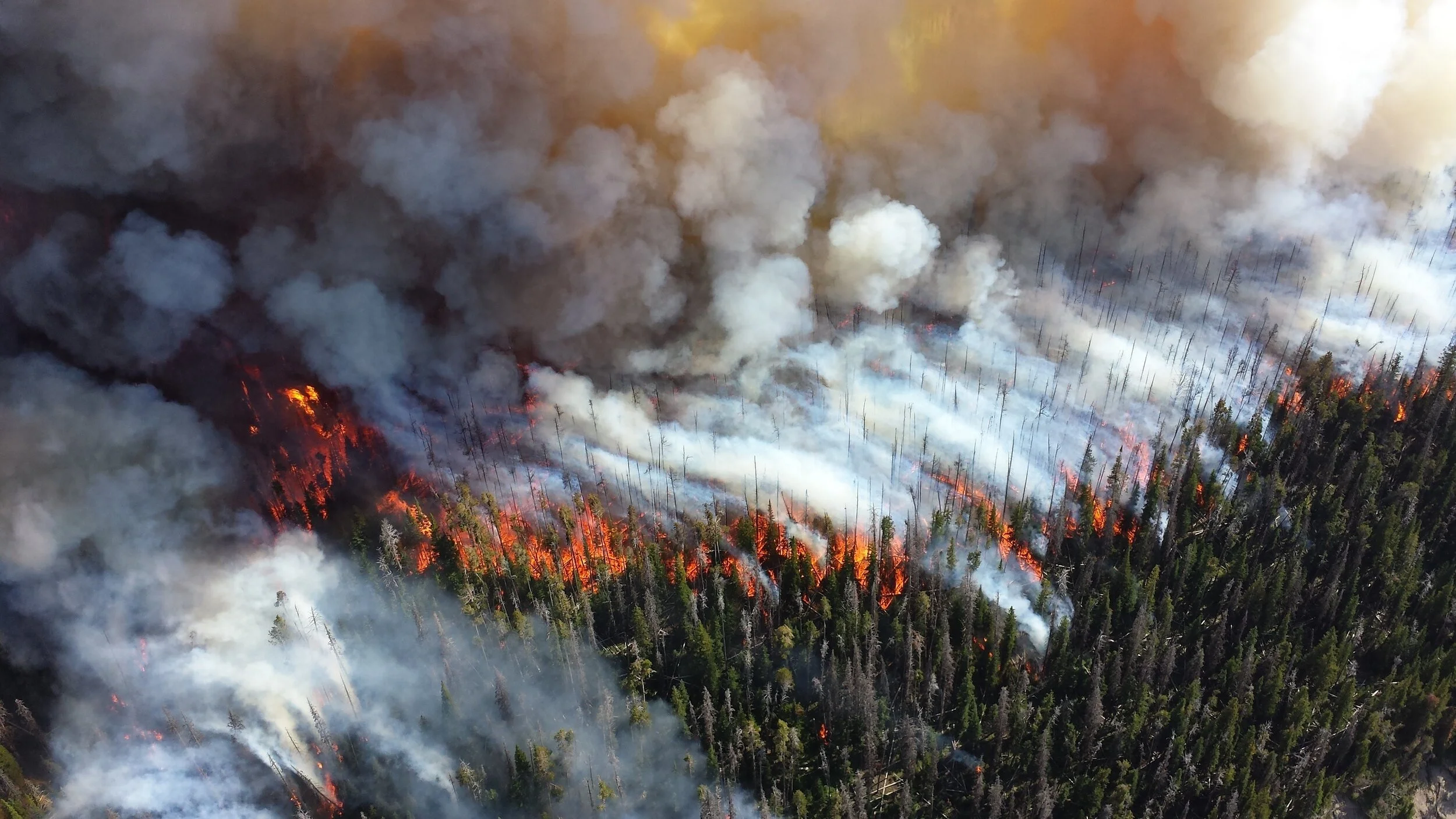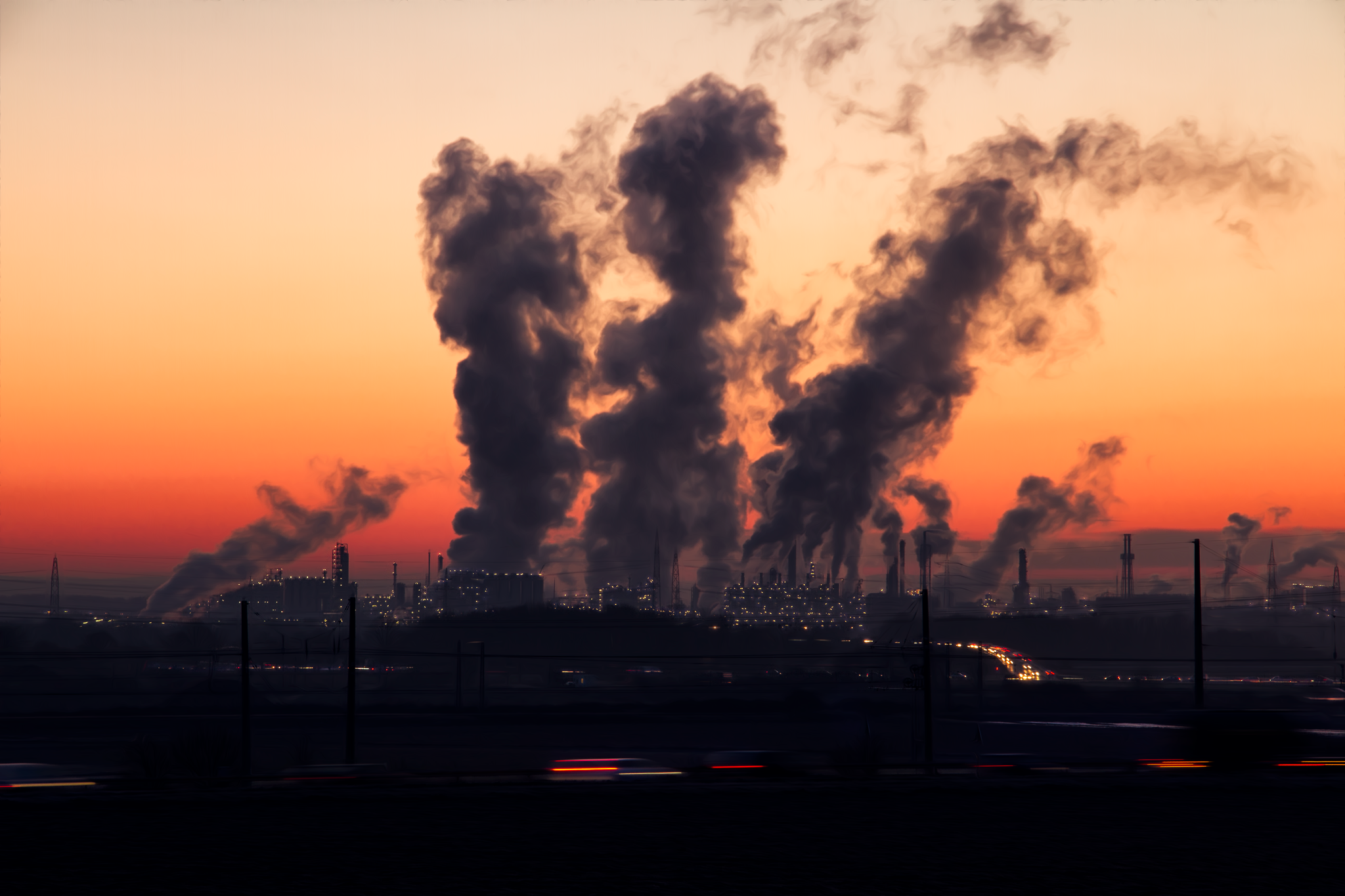Is Suffocating Ourselves Worth It?
“I can’t breathe.”
These words took on a new and tragic association in the aftermath of the death of George Floyd. His powerlessness to escape captured the public imagination and sparked a wave of protests.
When we can’t breathe, we panic.
For millions of us here in the United States, we can no longer take for granted the simple ability to take in a lungful of clean air. COVID-19 attacks the lungs and has left millions worldwide struggling to breathe. Prevalence of and deaths from asthma have more than doubled since the 1980s. People of Color are disproportionately affected by both afflictions.
And, in the last two weeks, wildfires raging across California have burned 1.5% of the entire state, 25 times the figure by the same date in 2019, spreading smoke far and wide and causing air quality to plummet. Why? Climate change resulting in hotter, drier weather and dry lightning storms. More people living in non-defensible forest land reducing our ability to allow small fires to burn. And other factors such as forestry management practices.
When the smoke came I suffered with feeling trapped breathing it in. I stopped going outside, sweating in the heat trapped by closed windows. As a remote worker with enormous privilege, I had the luxury of staying inside and breathing air filtered by the expensive air purifiers I bought in the last bad fire season. It has been far worse for many who don’t have that option or who have lost their homes. One of my team-mates had to relocate not once but twice. Compounding this, our collective will to take in evacuees has been dampened by the risk of spreading COVID.
Cancer - the price of progress. Hundreds of millions around the world living in cities in emerging economies accept deeply unhealthy air - and the heart attacks, strokes, and other fatal afflictions it causes - as part of normal life. What other choice do they have? All this goes hand in hand with economic development. As hordes have gathered in cities over the last century in search of a better life, the factories they work in and the vehicles which transport them have spewed toxic fumes. Air pollution is continuous and inescapable.
Polluted air not only harms our health, it also makes us dumber. The human cost of this is incalculable. I’m not saying cities, globalization, or the economic opportunity each foster are undesirable or avoidable. Progress is complicated and brings myriad costs and unintended consequences.
Speaking of progress, economic growth and carbon dioxide emissions have historically gone hand in hand. Our changing climate is the main cause of the stifling temperatures and smoky air many of us have recently been battling. In the coming years we can expect increased energy usage from more air conditioning, fueling further warming. We can expect millions upon millions of climate refugees, fleeing unlivable temperatures, droughts, and hurricanes.
I hope current events will be a wake-up call to us all to take climate change seriously. To educate ourselves about what we can do to make a difference. To advocate for policies which encourage emissions reductions and carbon capture. To elect politicians who will work to create a global economic system which breaks the link between emissions and growth and is no longer predicated on fossil fuel extraction at massive scale. This will be hard, but that is not the same as impossible.
We must succeed. So we, and our descendants, will be able to breathe.



